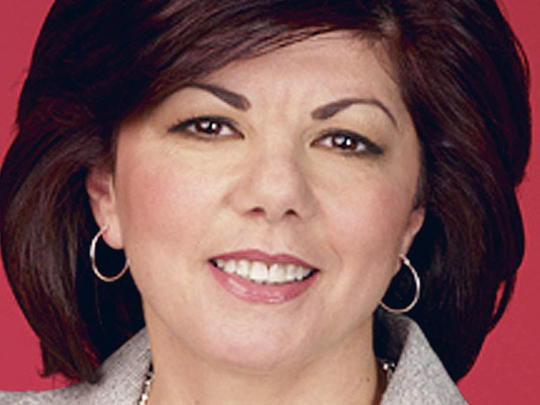
Washington: CNN has fired a senior editor for Middle East news after she published a Twitter message that said she respected a Lebanese Shiite cleric branded a terrorist by the United States, US and British media said yesterday.
Syed Mohammad Hussain Fadlallah, one of highest religious authorities of Shiites and an early mentor of Hezbollah, died in Beirut on Sunday.
Octavia Nasr, a 20-year CNN veteran based in Atlanta, wrote on Twitter: "Sad to hear of the passing of Sayyed Mohammad Hussain Fadlallah ... One of Hezbollah's giants I respect a lot," the New York Times reported.
Some supporters of Israel saw the Twitter posting almost immediately and took issue with it, the Times said. CNN officials were not immediately available to speak to Reuters.
The Times cited Parisa Khosravi, the senior vice president for CNN International Newsgathering, as saying in an internal memorandum that she "had a conversation" with Nasr and that "we have decided that she will be leaving the company".
Fadlallah was a supporter of Iran's Islamic Revolution and one of the first backers of the Iraqi Dawa Party of Prime Minister Nouri Al Maliki. He was also the spiritual leader and mentor of Hezbollah when it was formed after Israel invaded Lebanon in 1982, though he later distanced himself from its ties with Iran.
Error of judgement
CNN officials became aware of Octavia's message on Monday, and a spokesman said on Tuesday that it was an "error of judgment" on her part, the Times reported.
"CNN regrets any offence her Twitter message caused. It did not meet CNN's editorial standards. This is a serious matter and will be dealt with accordingly," the spokesman said, according to the Times.
The BBC report said that Octavia wrote in a blog post on Tuesday: "Reaction to my tweet was immediate, overwhelming and provides a good lesson on why 140 characters should not be used to comment on controversial or sensitive issues, especially those dealing with the Middle East."












